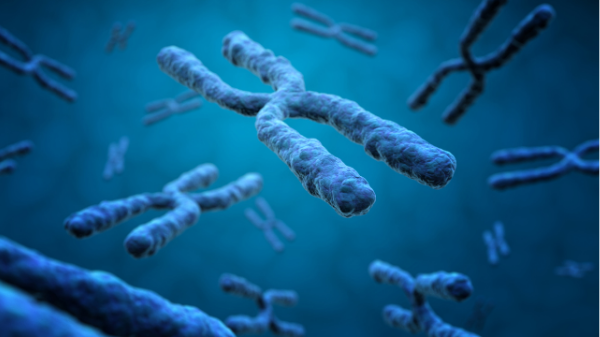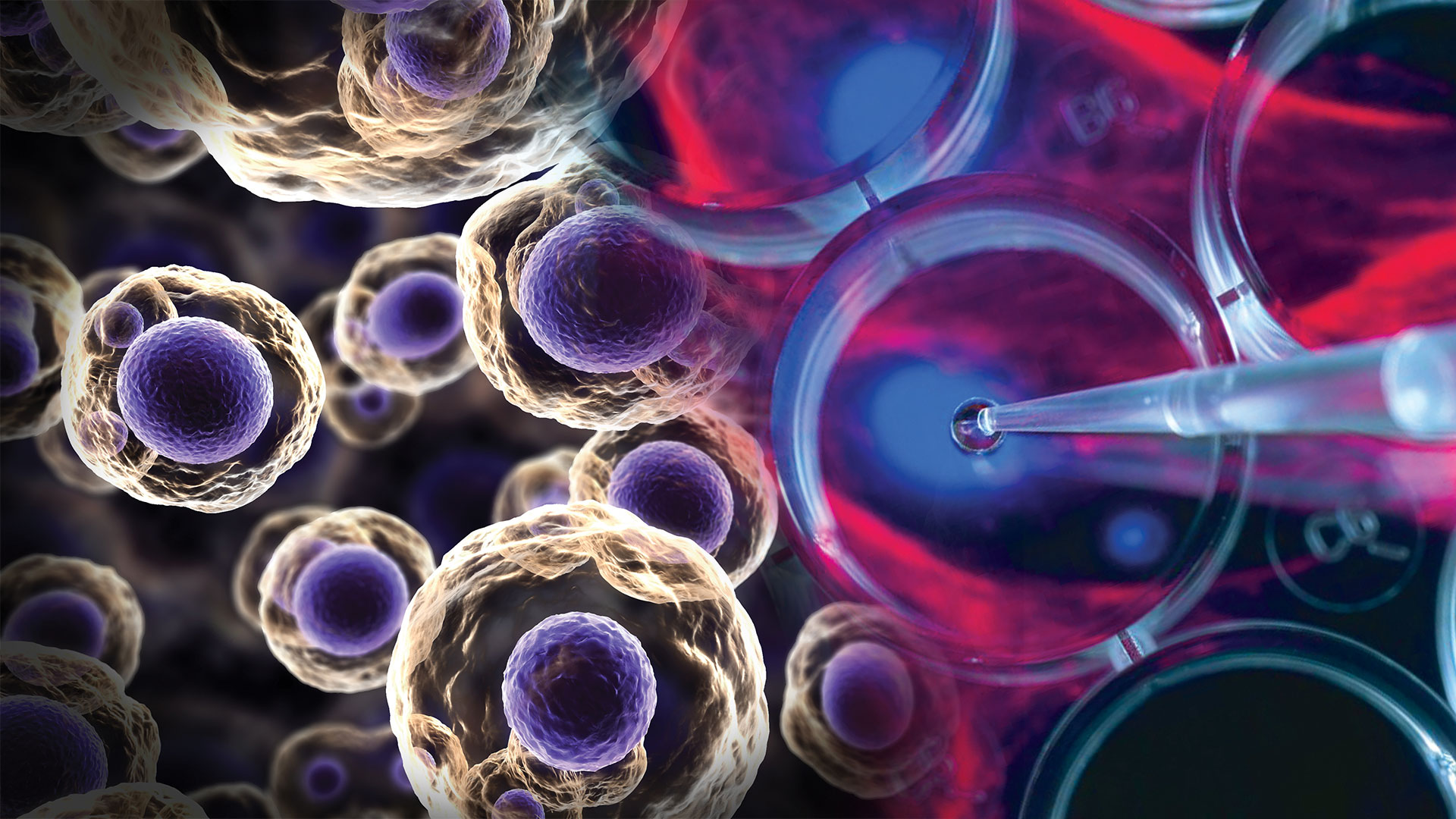
Looking to live longer? You may want to take notes of these anti-ageing points…
According to the World Health Organization, ageing is a key aggravator of many of the major diseases that leading medical institutions and pharmaceuticals are committed to curing, notably Alzheimer’s, diabetes and cancer. Naturally, positive outcomes of all such endeavours are keenly awaited by consumers / patients the world over. At present, it is estimated that the global anti-ageing market will be worth some US$58.5 billion by 2026. This, however, could surge a hundred-fold or more should a true means of preserving youth ever be identified. Is that, however, a realistic proposition? Answering that particular question, of course, relies on an assessment of the particular challenges involved.
How does the body age?
Throughout our lives, the cells in our bodies are continually subject to external damage from a variety of sources, including exposure to sunlight, toxins, chemicals and even some of the foods we consume. Normally, our cells maintain running repairs, patching up damage wherever it occurs. As we age and our tissues, muscles and organs inevitably become more and more impaired, the body’s natural repair system eventually begins to slow down, leaving the body exposed to all manner of health-related perils.
Cell rejuvenation
The human body, of course, consists of trillions of cells, all of which divide, multiply, shrink and eventually break as part of a process referred to as cellular ageing. The more damage the body undergoes, the more the cells suffer and the more they need to replicate in a bid to maintain structural integrity. The regrettable side effect of this continuous restoration manifests as an acceleration of the ageing process.
In order to help tackle this, cell rejuvenation and cell therapy attempt to restore cells to an earlier more active state in the form of induced pluripotent stem cells (iPSCs). Such an approach is believed to have considerable potential, at least according to no less an authority than the Stanford University School of Medicine. Indeed, many now believe that it may be possible to combine aged cells with other genes in order to revive them or even to give rise to wholly new cells, a process that eventually could lead to the facility to regrow damaged or lost limbs. Over the shorter term, it could also offer new hope to those suffering from dementia or Parkinson’s Disease.
Senolytic drugs
The term ‘senescent cell’ is one that is ever more frequently bandied around in medical circles and refers to a kind of cell that is already naturally accumulated by the body. Essentially, it refers to an inactive cell that is at the end of its natural lifecycle, a point where it ceases to divide itself, can no longer be repaired and cannot be relied on to help protect any surrounding cells. Unfortunately, such cells, although innately benign, secrete harmful molecules that may well accelerate the ageing process, while having a number of other detrimental effects on the body, notably chronic inflammation as well as proteostatic dysfunction.
In clinical trials, so-called senolytic drugs have demonstrated a facility for eradicating these senescent cells. Such treatments, according to research by the US-based Mayo Clinic, selectively target and clear senescent cells from the body. Should such trials continue to yield positive outcomes, this kind of therapy could be deployed to prevent or alleviate various chronic diseases, including diabetes, as well as the typical consequences of ageing, such as the loss of physiological resilience and the onset of growing frailty.
Calorie restrictions
Eating healthily has long been regarded as essential for longevity and maintaining a positive bodily function. Few, however, are aware of the cellular consequences of the oxidative stress caused by an overwhelming amount of free radicals in the body. In simpler terms, the food we eat contains free radicals, molecules that carry oxygen to the heart through the blood. Any imbalance of free radicals and natural antioxidants, however, can trigger several detrimental health conditions, such as cancer, diabetes or Alzheimer’s, over the long-term.
According to a variety of studies, deliberate calorie restriction in the form of fasting stimulates autophagy – the body’s consumption of its own tissues – a process that helps to remove toxic proteins from cells, while promoting the regeneration of healthy cells. Dietary alterations, including increasing the consumption of such antioxidants as kale and goji berries, also help to reduce the risk of damage from free radicals.
Although an end to ageing may not be on the cards any time soon, there seems little doubt that, given enough time, it may even be possible to artificially extend the human lifespan by a considerable margin. Whether any of us alive today will still be around to reap any such future benefits, of course, is a wholly different question.












